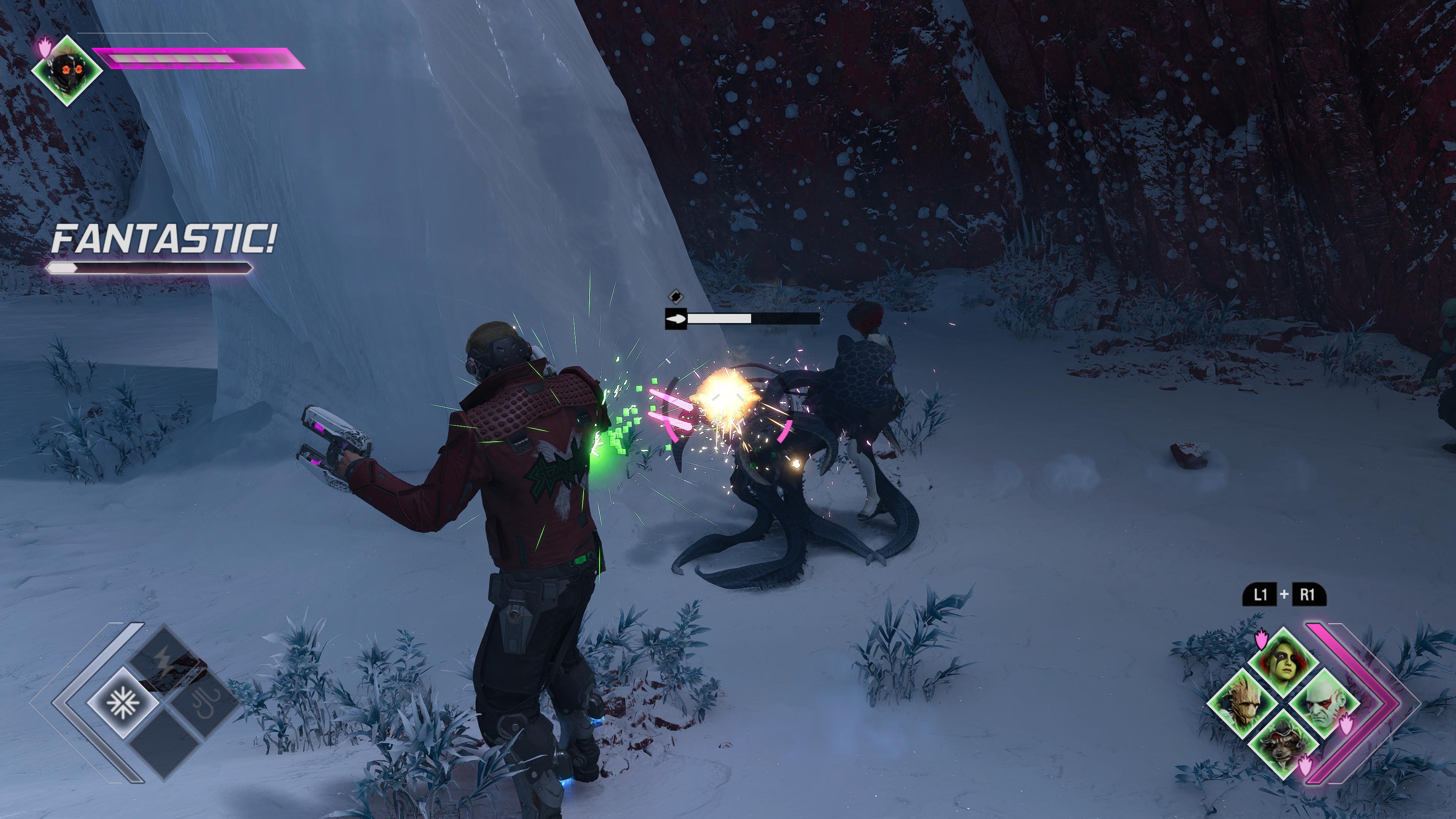Linux gaming takes a big step forward with full Nvidia DLSS support in Proton
DLSS will work for not just Vulkan games under Proton, but now DirectX titles too

The latest version of Proton comes with full support for Nvidia DLSS, among other benefits such as better compatibility with anti-cheat software.
For the uninitiated, Proton is the compatibility layer which allows Windows games to be played under Valve’s SteamOS operating system, and version 6.3-8 delivers official support for DLSS in DX11 and DX12 games. This follows Nvidia making its frame rate boosting tech available for Vulkan titles earlier in the year (meaning the likes of Doom Eternal got the benefit of DLSS).
With this wider DirectX support, a ton of titles are now eligible for the DLSS treatment running under Linux via Proton – but obviously, there are only a limited amount of games that support DLSS (the devs have to bake it in), and at this stage, Linux gamers still need to tweak a couple of parameters manually as Gaming on Linux, which spotted this, explains.
Other goodies include a host of freshly compatible Windows games for Proton, and among those are some big-name new releases such as Deathloop, Age of Empires IV and Marvel’s Guardians of the Galaxy (note that the latter is for AMD graphics cards only).
Furthermore, a couple of initial games which use the BattlEye anti-cheat system have been announced as fully working under Proton, namely Mount & Blade II: Bannerlord and ARK: Survival Evolved.
Analysis: Proton is gathering serious steam now
The latter BattlEye support is obviously good news for Valve’s Steam Deck, as the handheld relies on Proton (it runs SteamOS 3.0). Proton has serious issues with anti-cheat apps breaking compatibility with Windows games that use these systems – problems which we’ve been promised in the past will be cured. It’s good to see this now actually happening.
All developers have to do is contact BattlEye to request their game has support for Proton switched on, and that, in theory, should be that. So as well as the two officially supported titles above, more games should be compatible soon enough.
Sign up for breaking news, reviews, opinion, top tech deals, and more.
Broader support for DLSS is obviously a major string to Proton’s bow. Part of the concern about using a compatibility layer like Proton to run Windows games on Linux is the performance hit and overhead involved, but while it’s minimal, DLSS is a very effective way of further boosting frame rates – with not much of a noticeable hit to visual quality – to counteract any hints of sluggishness.
Sadly, the Steam Deck won’t benefit on this front, because DLSS is a proprietary Nvidia technology, and Valve’s handheld uses an AMD chip with integrated RDNA 2 GPU. AMD’s FSR, on the other hand, will come into play here…
- Check out the best gaming PCs currently out there
Darren is a freelancer writing news and features for TechRadar (and occasionally T3) across a broad range of computing topics including CPUs, GPUs, various other hardware, VPNs, antivirus and more. He has written about tech for the best part of three decades, and writes books in his spare time (his debut novel - 'I Know What You Did Last Supper' - was published by Hachette UK in 2013).